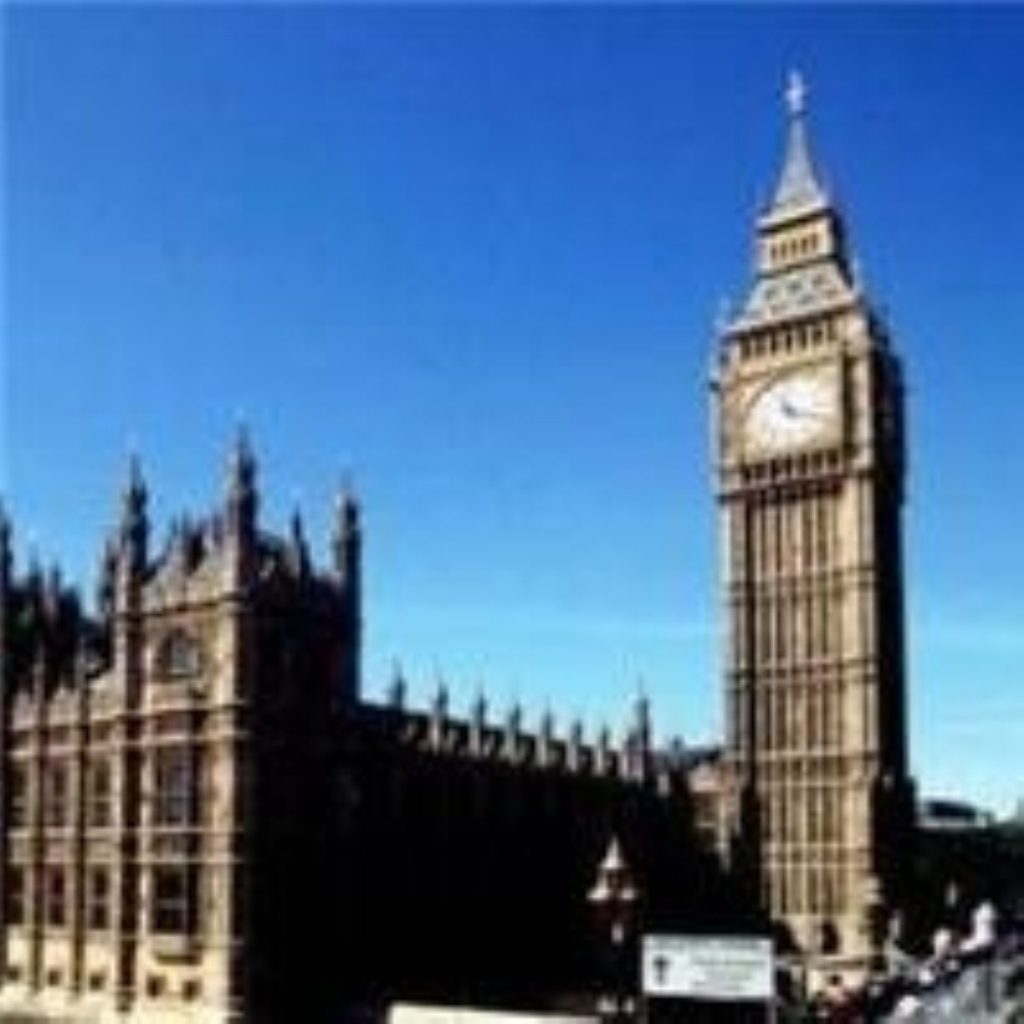Scottish devolution chief calls for English parliament
One of the architects of Scottish devolution has backed the idea of a separate English parliament – and said there was a “real possibility” of it happening within a decade.
Kenyon Wright, who chaired the committee which paved the way for the Scottish parliament’s creation in 1999, will today speak at a meeting of English Constitutional Convention (ECC) and give his support to a separate English government.
A poll carried out for the convention this summer revealed that 27 per cent of English people backed a parliament of their own, up from 16 per cent in 2001. When the current constitutional arrangements were explained to them, this rose to 41 per cent in favour.
ECC chairwoman Christine Constable believes the question of a separate English parliament must be dealt with soon, insisting it was not about administration but “about the future of England as a cohesive nation state”.


She told politics.co.uk: “The Scottish and Welsh had their debate and their votes and all we are asking for is for the people of England to have the same. It’s not controversial, it’s not outrageous – we are just asking for fairness.”
The campaign has been boosted by the endorsement of Canon Wright, who last night warned the “democrat deficit” that allowed Scottish MPs to vote on matters that only affected England, but not vice versa – the West Lothian question – had to be dealt with.
The Scottish Constitutional Convention had always seen the Scottish parliament as the first stage in creating devolved institutions around the UK, he said, telling politics.co.uk: “We saw constitutional change as an ongoing process of which we were the first part.”
John Prescott’s regional assemblies were supposed take the process forward in England, but after voters comprehensively rejected the idea in a referendum in the north-east Canon Wright said “the obvious next step” was a separate English government.
One of the Conservative policy groups set up under David Cameron has mooted the idea of English votes for English laws, where Scottish MPs would be prohibited from voting on any issues that did not affect their constituents.
But Canon Wright poured cold water on this idea, saying: “That in itself would create a new anomaly much, much greater than the old West Lothian question.”
He warned a situation could arise where one party had a majority in the UK parliament but another party had a majority in the English parliament, stressing: “The only answer is a separate English parliament.
Asked about the criticisms that further devolution could break up the UK – an argument put recently by Gordon Brown – Canon Wright replied: “Why should it? It’s a union, not a uniformity.
“If we had an English parliament together with a Welsh and Scottish parliament, it would be a federal system and federal systems work perfectly well. But we have to have a separate English government.”









